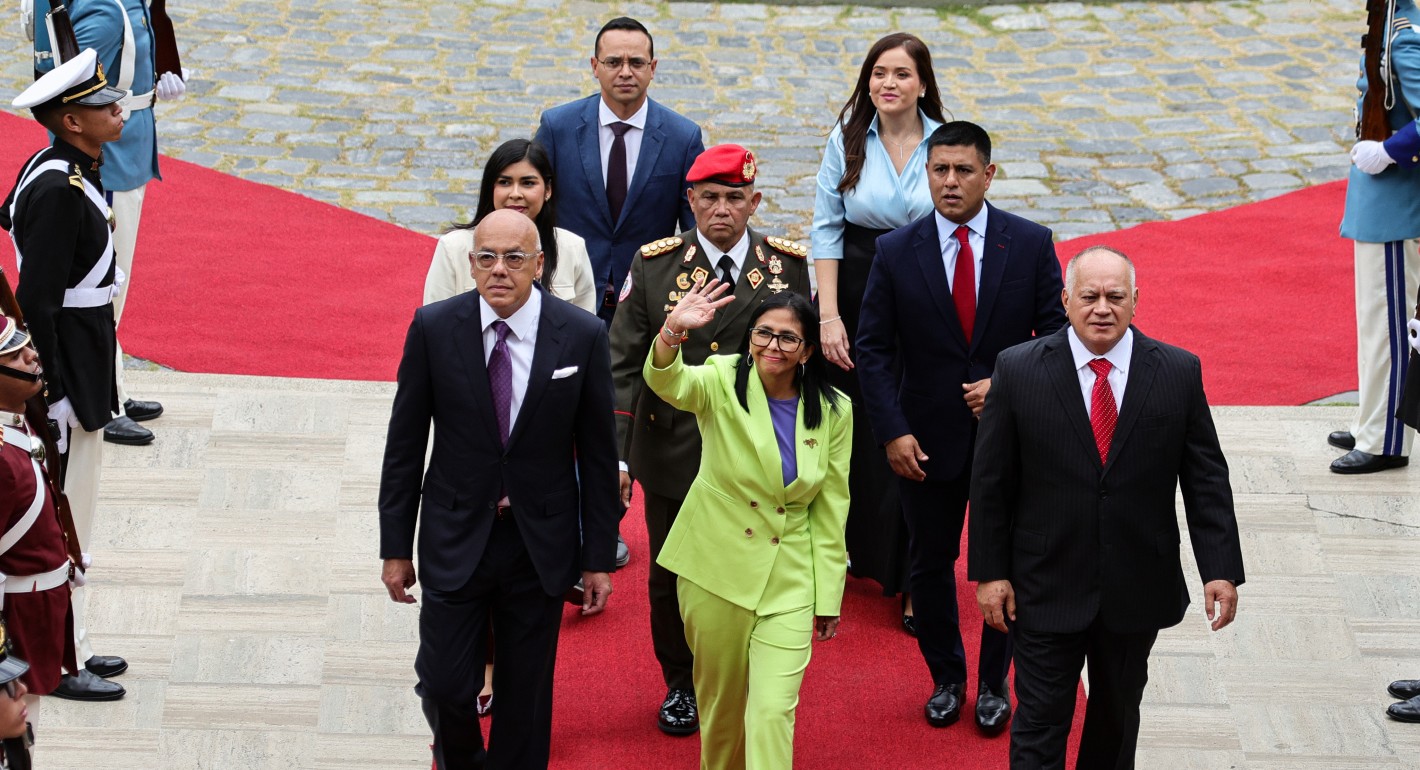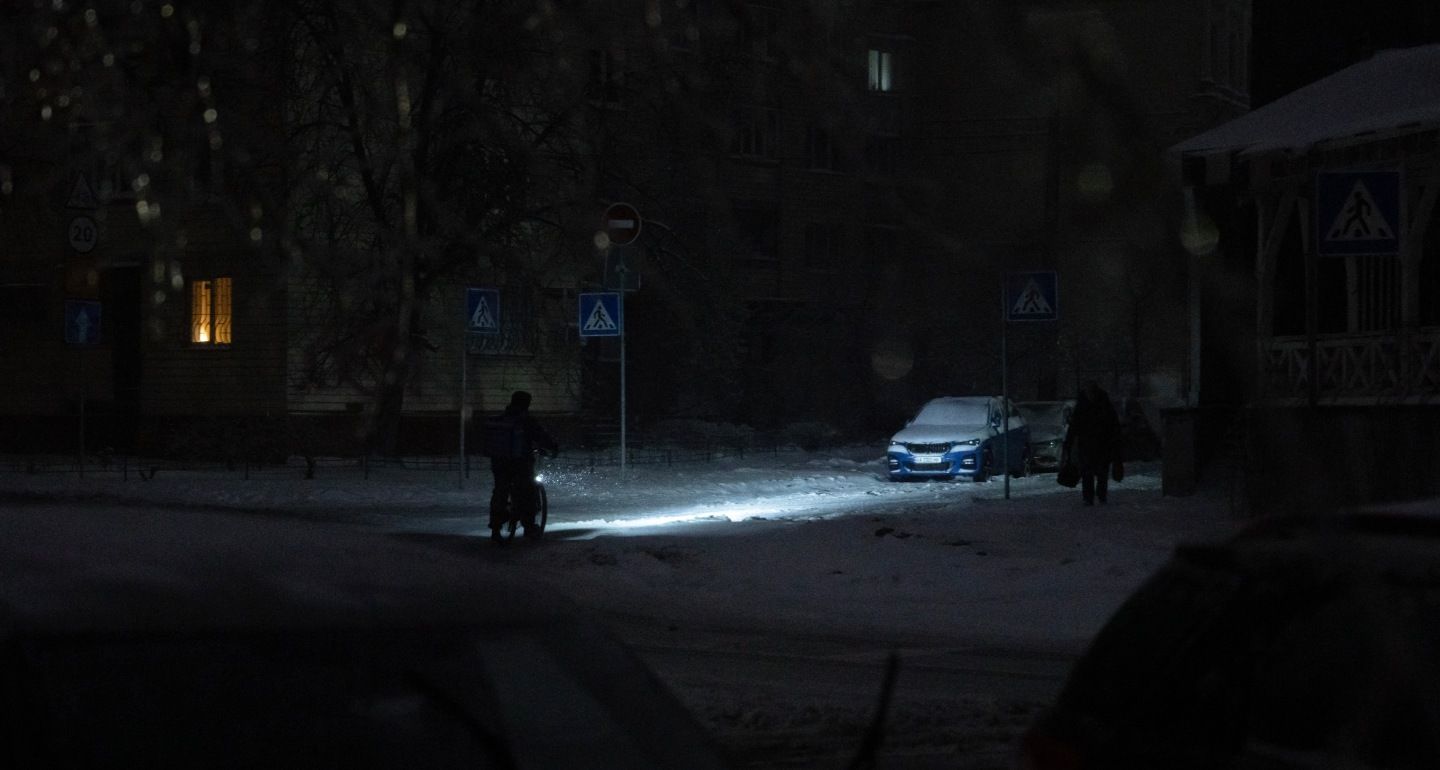Source: Carnegie
Reprinted from the Weekly Standard, May 3, 1999
Eventually, the United States and its NATO allies will send ground troops into Yugoslavia. Ground forces will be needed to accomplish what the air war is not now accomplishing -- that is, to deal Slobodan Milosevic the decisive military defeat that is the only acceptable outcome of the war. Public support for ground troops continues to rise in the United States and is already high in the major states of Europe. The leaders of Great Britain and France favor ground troops. General Wesley Clark believes ground troops are essential, and we are told he has the support of many senior military and Pentagon officials, though not yet that of Secretary of Defense William Cohen. The last holdouts, in fact, are Bill Clinton and his senior foreign policy advisers. But the logic of this war will surely drive even them to the realization that without ground troops, the United States and NATO will lose, and that such a loss would have truly disastrous consequences.
Unfortunately, although it is only a matter of time before Clinton is forced to do the right thing, time is what we don't have. Even if the president decided right now to go in on the ground, it would be weeks before a ground force could be assembled and made ready to fight. The longer Clinton waits, the more likely it is that the war will be lost before he makes up his mind. How long can NATO carry on an air war, with inconclusive results and increasing Serb civilian casualties, before the alliance starts to fracture? How long will NATO be able to justify an air campaign that is destroying Serbia but doing precious little to stop the slaughter and displacement of Kosovar Albanians? How long will the allies be able to resist peace overtures, however phony, emanating from Moscow and Belgrade? How long will the public support the war if it is clear that the president is paralyzed with indecision and has no clear plan for victory? If anyone is looking for a Vietnam analogy, that is it. The American public supports wars where American leaders make clear they are intent on winning and on using the means necessary to win. When the public begins to doubt this, support evaporates. Clinton's poll numbers are down because the public may justifiably be coming to doubt his resolve, even though it has not come to doubt the need to win the war.
That is why the resolution proposed by John McCain and co-sponsored by Chuck Hagel, Richard Lugar, Thad Cochran, and a number of Democratic senators granting the president the authority to use "all necessary force" to win the war is so urgent. Unlike before the Gulf War, when President Bush led and the Congress followed, it is our strange predicament that Congress must show some leadership in the hope that the president will follow. That is why McCain's resolution should be brought to the floor as soon as possible, debated, voted on, and passed. Senate Majority Leader Trent Lott can show leadership by making this happen.
This would be good for the country. It would also be good for Republicans. A number of Republican political strategists have been arguing in recent weeks (usually in private) that the best political strategy is to keep Republican fingerprints off this war, call it the "Clinton-Gore war," wait for it to fail, and then blame the administration for the whole debacle. This posture is irresponsible and damaging to the national interest.
It's also politically shortsighted. Clinton will be blamed if the war is lost no matter what position Republicans take. But Republicans need to stand for something more than predicting, hoping for, and exulting in Clinton's failures. They must make the case for American strength and leadership. After all, it's going to be hard to outflank the Democrats on the side of timidity and weakness, although some McGovern Republicans are trying mightily.
The good news is that the Republicans seen most frequently on television discussing Kosovo have been McCain, Lugar, Hagel, Bob and Elizabeth Dole, Jeane Kirkpatrick, and other supporters of a more vigorous prosecution of the war. That's why, we believe, surveys show an increased GOP advantage over Democrats in the area of foreign policy. Those Republicans opposed to the war have done most of their grumbling off-camera. As far as the American public knows, therefore, Republicans are once again the party of Ronald Reagan. A Reaganite foreign policy, in addition to being best for the country, is a political winner.
But in truth, whatever the politics, the challenge in Yugoslavia transcends electoral calculations. Milosevic is engaged in barbaric ethnic cleansing in Kosovo. Two U.S. presidents have formally pledged to use military force to prevent this from happening. NATO's future and American credibility are at stake. For the Republican party to put its head in the sand is unacceptable.
It's bad enough that once-Reaganite think tanks are putting out anti-war position papers predicting, on the basis of no serious argument, that a ground war would cost thousands upon thousands of U.S. casualties. Meanwhile, a Republican member of Congress travels to Belgrade to negotiate with the enemy, a la Jim Wright, and a few right-wing talk show hosts ludicrously argue that the war in Kosovo is a Clinton Wag the Dog effort to distract attention from Johnny Chung. A couple of GOP presidential candidates have even decided that we should place vital U.S. and NATO interests in the hands of Yevgeny Primakov. This is the moment for serious people in the Republican party and the conservative movement to rise above such silliness. Republicans talk a lot about leadership.
Now's the time to show some.










